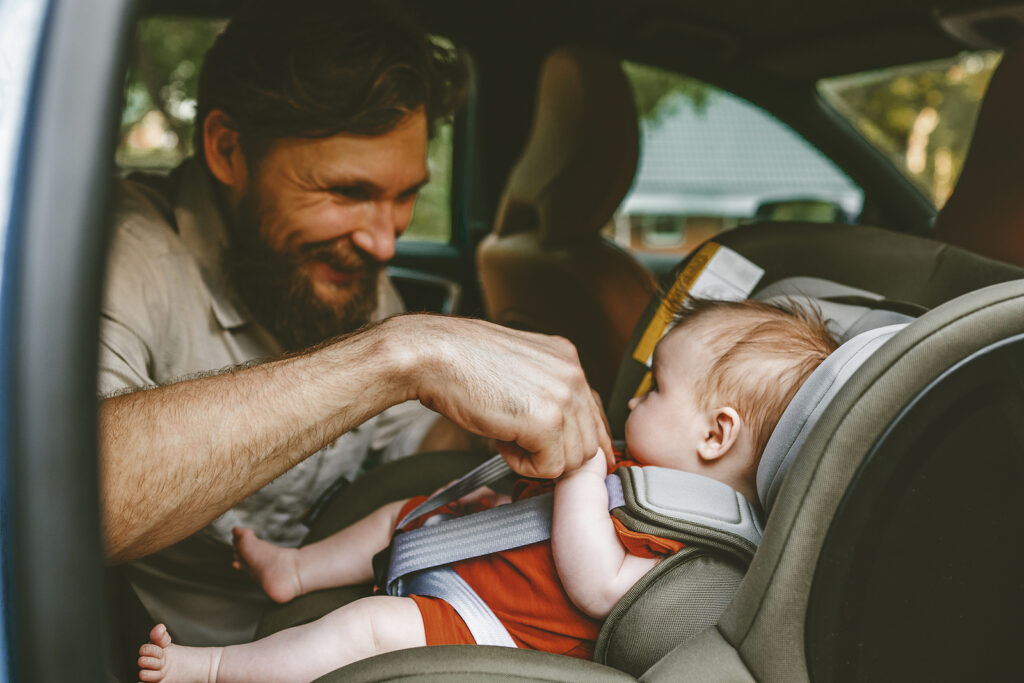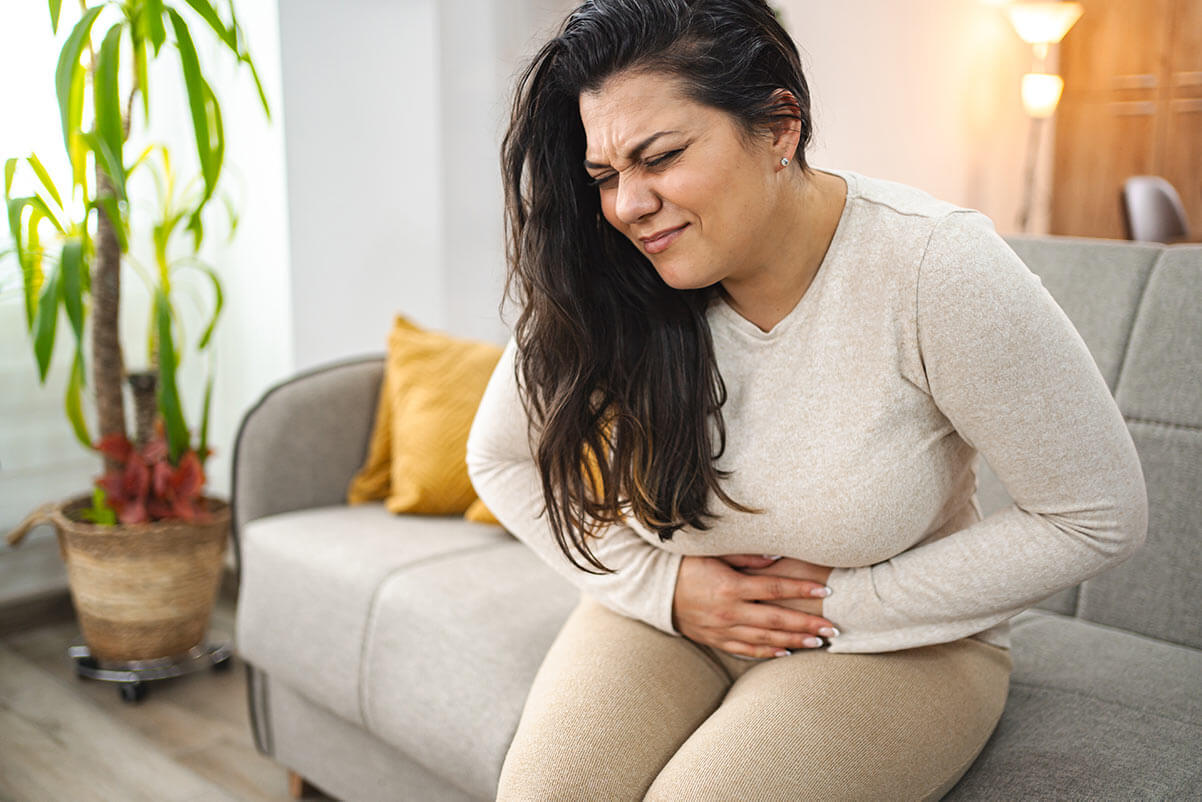
Key Points for Child Car Seat Safety
- Road injuries are considered to be the leading cause of preventable deaths and injuries to children in the United States.
- Correctly used child safety seats can reduce the risk of death or injury by as much as 71%.
- More than 60% of car seats are not used or installed correctly, which is a high concerning fact.
Child car seats are complicated and often annoying to deal with but can be the difference between life and death in a serious car accident.
Motor vehicle accidents are a leading cause of death for children in the United States, despite a significantly reduced number of child fatalities over the decade. The proper use of car seats and safety restraints is the best way to protect your child from harm. (Healthy Children, 2020)
Suggestions to Keep in Mind
Before we explain and specifics the car seat safety further, here are a few general suggestions that will help you along the way.
Don’t rely just on family/friends for information.
Generally, whenever we have a parenting question, our first inclination is to share with friends and family to see how they’ve handled these dilemmas. While well meaning, they are not experts.
Car seat safety recommendations change frequently based on new parameters of vehicles and based on crash test data. The majority of parents aren’t very knowledgeable about current and newest recommendations so it’s advisable to seek expert help for the best information.
Stay Up to Date
Recommendations, laws, and manufacturing practices change often. So the dynamics of proper fit and securing the seat change constantly. Be sure you are following current recommendations to ensure the safety of your child. It’s suggested that you register your car seat to receive safety updates from the manufacturer as well.
When in Doubt Ask!
Don’t assume – car seat safety information is very detailed and complex. All you have to do is ask. Check online to see if your community fire and ambulance service offers car seat safety checks – many do. They would rather see you before an accident than at the scene of an accident. If you don’t find answers there, call the manufacturer.
Set an example to others.
Parents and caregivers play a key role in child seat-belt safety and as per researchers children whose parents buckle up and follow safety precautions are more likely to buckle up themselves. Teach your family and caregivers the importance of wearing a seat belt by always wearing your own.
9 Car Seat Safety Tips for Parents
1. Start with the basics.
Have everyone buckle up for every drive, no matter how short or long. One can’t get any more basic than that. It may not seem like your kids listen to you but they are watching you. Never forget “Most crashes happen within 5 to 10 miles of your home”.
2. Never get distracted while driving because the best defense is the best offense.
There are about 5 million reported car crashes every year with approximately about 35,000 deaths. Text messaging or talking over the phone while driving increased the risk of a crash or near-crash by two times.
Virtually every car crash involves at least one negligent party and the best way to protect yourself from injury is to avoid a crash in the first place. Stay sober, follow strictly the speed limit, and most importantly, stay aware of what is going on around your car. (SafeKids, 2020)
3. Stay updated on State Laws.
The exact laws on how old your child must be to use a car seat and what height and weight restrictions applicable are for car seats vary by state, so check your state’s car seat laws to be sure that you are following the rules and regulations.
4. Manual reading is a MUST!
Your car seat manual has a lot of information and it teaches you about the various parts of the car seat along with what they do. It also gives installation instructions in detail, so pull out that booklet and read through. In case you lost your manual, find your car seat manufacturer’s website to download it.
5. Try before you buy.
Did you know many stores (at least pre-Covid) allow you to take car seats out and try them in your car before you pay and buy? This is a great idea because you want to make sure the car seat you select will fit in your car and that you will be able to install it easily. Call the merchant before heading out to shop to get their policy on purchasing car seats.
6. Rear facing is always the safest and best.
Children should remain rear-facing for as long as possible, American Academy of Pediatrics exclaims that rear-facing is 5 times safer even for older children.
7. Never buy a used seat from a stranger.
Used seats purchased from a garage sale, Craigslist, or thrift store are a risk for your child’s safety. The car seat may be expired or may be defective, and you may not know about who and how it’s been used. (Saferide4kids, 2020)
8. Key selection of toys.
Small, hard, and loose toys can make a car crash even more dangerous, so aim to only travel with soft stuffed animals and things that would not bring harm in an accident.
9. Be alert of heat stroke/exhaustion.
Leaving your child alone in a car seat is always a bad idea, even if it’s only for what you believe will be just a couple of minutes while they sleep or are playing. The temperature in your car can heat up quickly, which leaves your baby vulnerable to heat stroke or exhaustion.
Keep Them Safe – Be Informed
A good convertible seat is ideal which allows you to keep your child rear-facing as long as possible. For new parents, start with an infant seat, and don’t let a convertible seat sit unused in your closet or basement for more than a year before using it. It’s always good to buy it when you’re ready to use it. (Verywell Health, 2021)
If you are a parent or caregiver of a young child reading this, take action now. Walk out to your driveway or garage now to find out whether your child’s car seat is as safe as it should be based on the above parameters. You’ll be relieved to know that you’ve done everything possible to prevent injury in the event of an accident. Our children are precious cargo!
Work Cited
“Car Seats: Information for Families.” HealthyChildren.org, 2020, www.healthychildren.org/English/safety-prevention/on-the-go/Pages/Car-Safety-Seats-Information-for-Families.aspx
“Car Seat Safety Tips.” Safe Kids Worldwide, Aug. 2020, www.safekids.org/car-seat
Amie. “20 Child Car Safety Tips You Need to Know This Year.” Safe Ride 4 Kids, 25 Jan. 2021, saferide4kids.com/blog/child-car-safety-tips-you-need-to-know-this-year/
Chaunie Brusie, RN. “Baby Car Seat Safety Tips.” Verywell Family, 7 Apr. 2020, www.verywellfamily.com/car-seat-safety-4013922
















